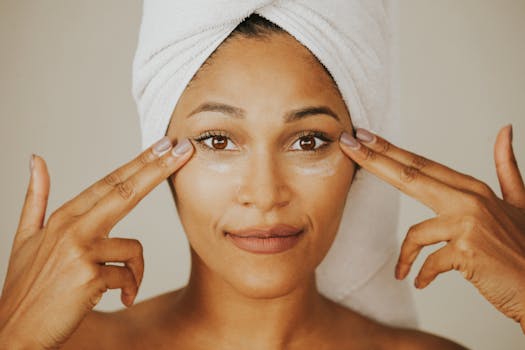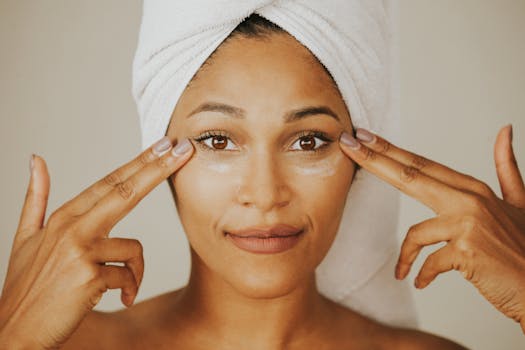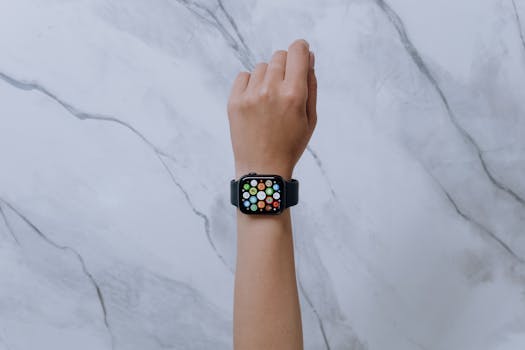
Introduction
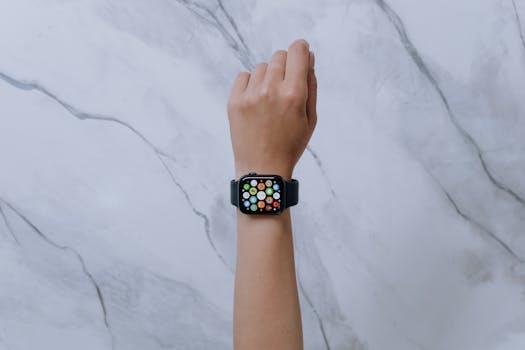
In today’s fast-paced world, technology plays a crucial role in shaping our lifestyles. With the advent of new innovations, we have more tools than ever to enhance our daily routines, improve our health, and foster personal development. This article explores various technologies that are revolutionizing the way we live, work, and play.
Table of Contents
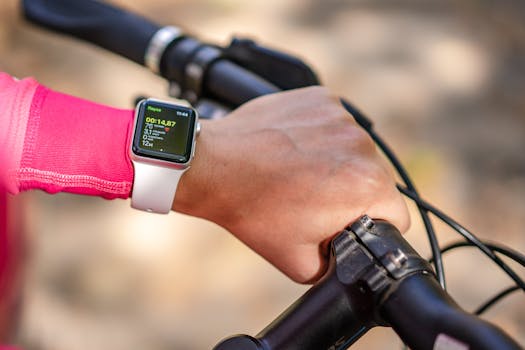
- 1. Smart Home Devices
- 2. Wearable Technology
- 3. Health and Fitness Apps
- 4. Virtual Reality and Augmented Reality
- 5. Personal Development Tools
1. Smart Home Devices

Smart home technology is revolutionizing the way we interact with our living spaces. Devices like smart thermostats, lighting systems, and security cameras allow homeowners to automate their environments for convenience and efficiency. These technologies not only save time but also enhance energy efficiency, providing a more sustainable lifestyle.
For example, smart thermostats learn your schedule and adjust the temperature accordingly, helping you save on energy bills. Smart lighting systems can be programmed to turn on and off at specific times or adjusted remotely through your smartphone, ensuring that you always come home to a well-lit space.
Moreover, home security cameras and smart locks provide peace of mind, enabling homeowners to monitor their properties from anywhere in the world. With these devices, you can ensure your home is safe and secure, allowing you to focus on what truly matters in your life.
2. Wearable Technology
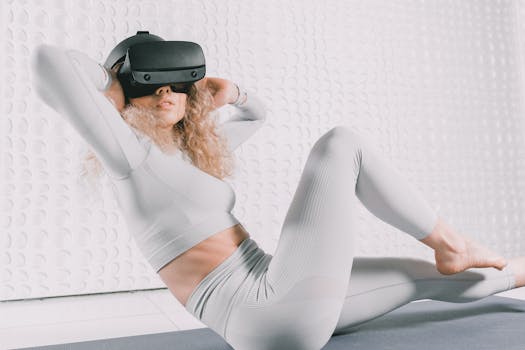
Wearable technology, such as fitness trackers and smartwatches, has gained immense popularity in recent years. These devices help users monitor their health and fitness, providing valuable insights into their daily activities. By tracking metrics like heart rate, steps taken, and sleep patterns, wearables empower individuals to take control of their health.
For instance, many fitness trackers come equipped with features that remind users to move if they’ve been sedentary for too long. This simple nudge can significantly impact one’s overall health by promoting physical activity throughout the day. Additionally, some smartwatches offer guided breathing exercises and stress management tools, helping users maintain a balanced lifestyle.
With the rise of health-focused wearables, individuals can set personal goals and track their progress, making it easier to stay motivated and accountable in their fitness journeys.
3. Health and Fitness Apps

The mobile app revolution has also extended into the realm of health and fitness. Numerous applications are now available to assist users in various aspects of their wellness journey. From meal planning and calorie tracking to guided workouts and meditation, these apps cater to a wide range of lifestyle needs.
For example, apps like MyFitnessPal allow users to log their meals and monitor their calorie intake, providing insights into their eating habits. Others, like Headspace or Calm, focus on mental wellness by offering guided meditation and mindfulness exercises, which are essential for stress management in today’s hectic world.
Fitness apps also provide users with access to virtual workout classes, enabling them to exercise from the comfort of their homes. With a plethora of options available, individuals can choose workouts that align with their interests and fitness levels, making it easier to stay active.
4. Virtual Reality and Augmented Reality
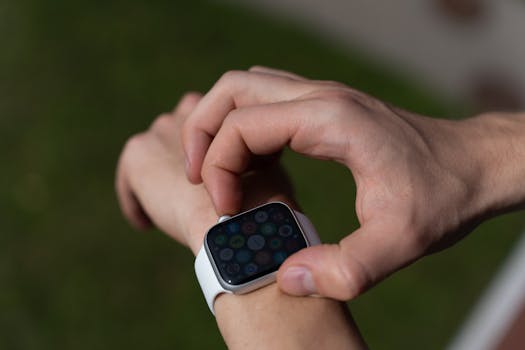
Virtual reality (VR) and augmented reality (AR) technologies are transforming the way we experience entertainment, education, and even fitness. VR immerses users in a completely digital environment, while AR enhances the real world with digital overlays. These technologies offer unique opportunities for personal development and engagement.
In the realm of fitness, VR workout programs provide an engaging and immersive experience that can make exercising feel more like play than a chore. Users can participate in virtual classes, explore scenic environments, and even compete with friends in real-time.
Moreover, AR applications can enhance learning experiences by providing interactive educational content. For instance, students can explore historical sites or scientific concepts in a more engaging way, leading to improved retention and understanding.
5. Personal Development Tools
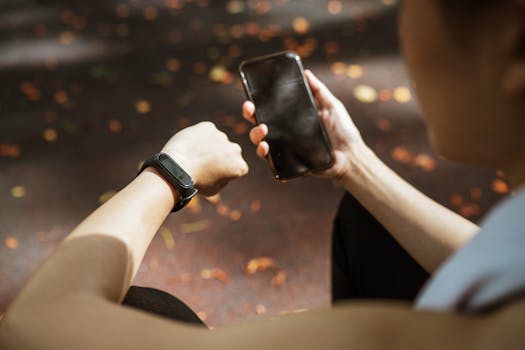
Technological advancements have also led to the creation of tools that promote personal development and productivity. From time management apps to online courses, individuals now have access to resources that can help them grow personally and professionally.
Apps like Trello and Asana enable users to organize tasks and projects efficiently, fostering better time management skills. Meanwhile, platforms like Coursera and Udemy offer a wide range of online courses, allowing individuals to acquire new skills and knowledge at their own pace.
These tools empower users to set goals, track progress, and ultimately achieve a more fulfilling lifestyle. By leveraging technology for personal development, individuals can enhance their productivity and overall well-being.



